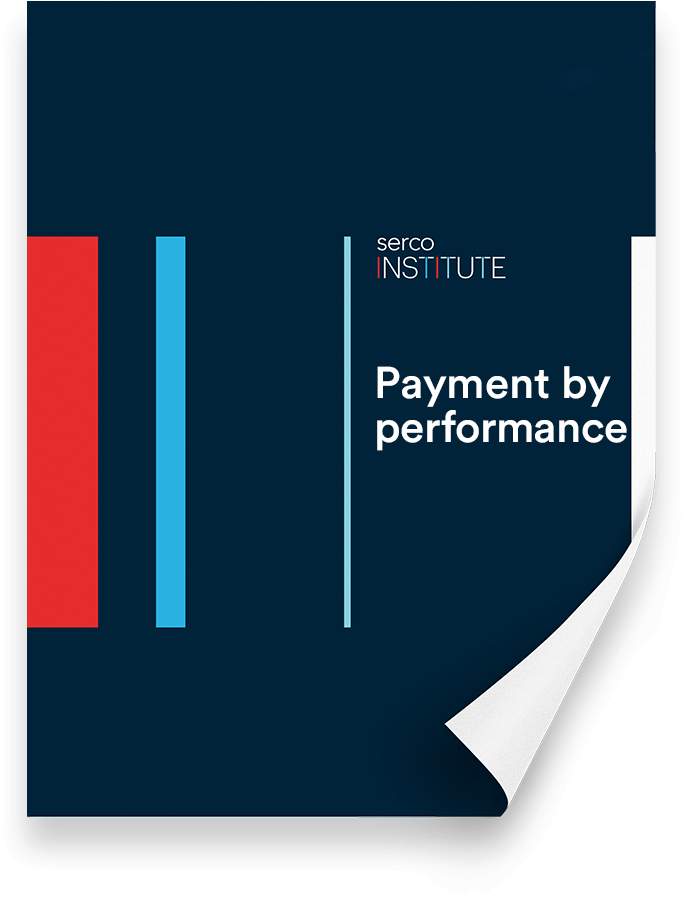
The great American political scientist, Aaron Wildavsky, wrote these words almost forty years ago, and yet politicians have only recently begun to give them serious attention.
For the most part, governments pay for process and promises. Despite ambitious statements about anticipated policy outcomes and annual budget papers, daily news papers remind us that what governments buy from their agencies, most of the time, are inputs – quotas of teachers, police officers and hospital beds.
And public servants are inclined to measure how well they have complied with the rules, since due process is safer and easier to deliver than due performance.
The vast majority of public service contracts are little better – specifying inputs or at best low-level outputs, hemmed in by policy settings that make bold innovation difficult, if not unthinkable.
In recent years, this has begun to change, with the emergence of new contract models, where government pays when there is clear evidence that an outcome, or at least a high-level output directly linked to that outcome, has actually been delivered.
The attractiveness of such a model to Ministers and to Treasuries is not difficult to explain. Done well, it is not difficult to explain to the public at large. And yet the challenges are immense.
It is often difficult for public officials to state clearly in advance what the key outcomes of a particular programme are – to reduce the complexities and uncertainties of the future policy environment to a single set of performance conditions.
